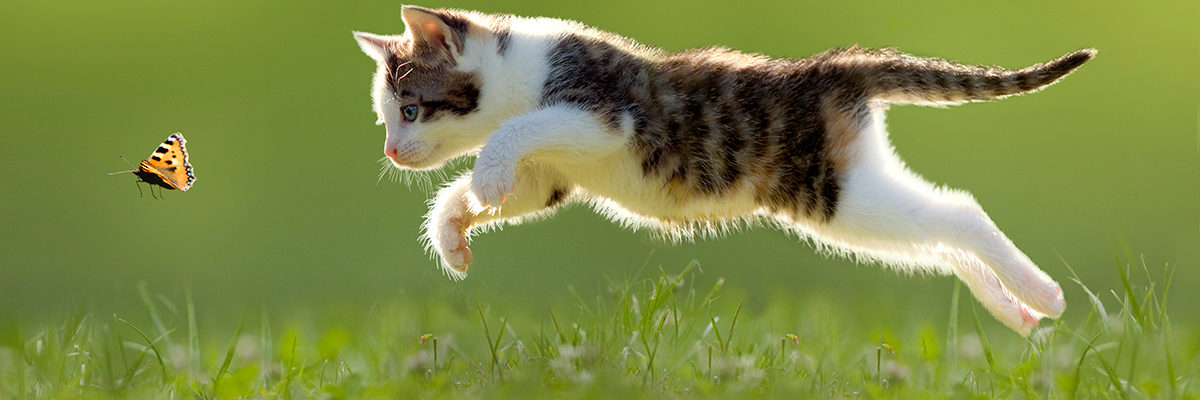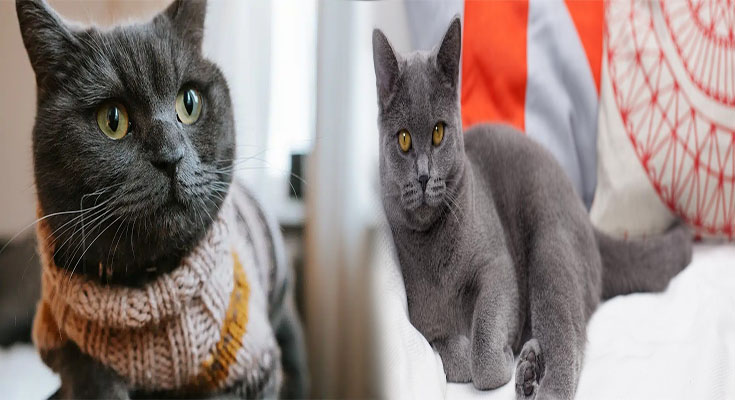British Shorthair cats are beloved for their charming appearance, affectionate personalities, and gentle demeanor. However, like all breeds, they are prone to certain health issues that owners should be aware of to ensure their feline companions lead long and healthy lives. By understanding the common health problems that affect British Shorthair cats and implementing preventive measures, owners can help mitigate the risks and provide optimal care for their cherished pets.
Dental Health Concerns
Dental issues, such as periodontal disease and tooth decay, are common health problems in British Shorthair cats. Poor dental hygiene can lead to painful infections, gum disease, and even tooth loss. To prevent dental issues, owners should establish a regular dental care routine for their cats, including daily tooth brushing with feline-friendly toothpaste, providing dental treats or toys, and scheduling professional dental cleanings as recommended by a veterinarian.
Obesity and Weight Management
British Shorthair cats have a tendency to gain weight, which can contribute to various health issues, including diabetes, joint problems, and heart disease. To prevent obesity, owners should monitor their cat’s weight regularly, feed a balanced and appropriate diet, avoid overfeeding or excessive treats, and encourage regular exercise through interactive play and physical activity.
Respiratory Problems
Respiratory issues, such as asthma and upper respiratory infections, are common health concerns in British Shorthair cats due to their brachycephalic (short-nosed) facial structure. To prevent respiratory problems, owners should maintain good indoor air quality, avoid exposure to smoke or strong odors, keep the living environment clean and well-ventilated, and seek veterinary care promptly if any respiratory symptoms arise.
Heart Disease
British Shorthair cats are predisposed to certain heart conditions, such as hypertrophic cardiomyopathy (HCM), a common form of heart disease in cats. Regular veterinary check-ups, including cardiac screenings, can help detect heart issues early and facilitate timely intervention. Owners should also be mindful of their cat’s diet, weight, and overall health to promote cardiovascular wellness.
Kidney Disease
Chronic kidney disease is a significant health concern in British Shorthair cats, particularly as they age. To reduce the risk of kidney disease, owners should provide fresh water, a balanced diet with adequate moisture content, and regular veterinary check-ups to monitor kidney function. Early detection and management of kidney disease can help improve the quality of life for affected cats.
Preventive Measures for British Shorthair Cats
- Regular Veterinary Check-Ups: Schedule routine wellness exams and vaccinations to monitor your cat’s health and detect any potential issues early.
- Balanced Diet: Provide a high-quality, species-appropriate diet to support your cat’s nutritional needs and maintain a healthy weight.
- Hydration: Ensure access to fresh water at all times and consider incorporating wet food into your cat’s diet to promote hydration.
- Environmental Enrichment: Stimulate your cat’s mind and body with interactive toys, scratching posts, and climbing structures to prevent boredom and encourage exercise.
- Grooming: Regular grooming, including brushing and nail trimming, can help prevent matting, skin issues, and ingesting excessive fur during grooming.
By being proactive in addressing these common health issues and implementing preventive measures, owners can help safeguard the well-being of their British Shorthair cats and enjoy many years of companionship with their feline friends.





